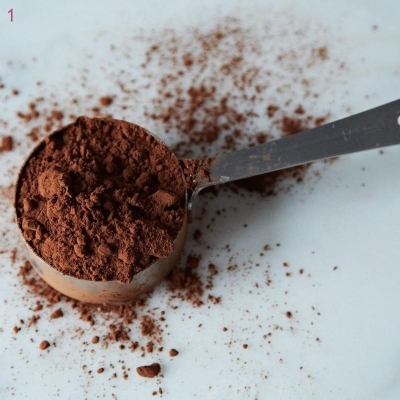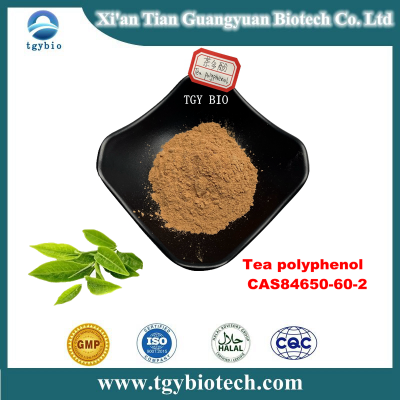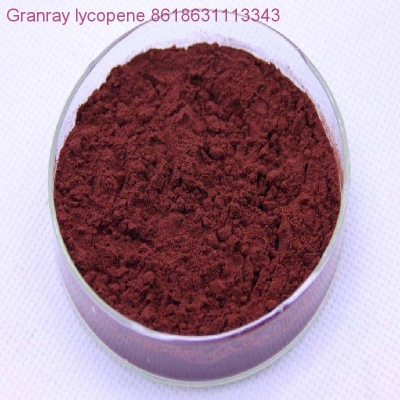-
Categories
-
Pharmaceutical Intermediates
-
Active Pharmaceutical Ingredients
-
Food Additives
- Industrial Coatings
- Agrochemicals
- Dyes and Pigments
- Surfactant
- Flavors and Fragrances
- Chemical Reagents
- Catalyst and Auxiliary
- Natural Products
- Inorganic Chemistry
-
Organic Chemistry
-
Biochemical Engineering
- Analytical Chemistry
-
Cosmetic Ingredient
- Water Treatment Chemical
-
Pharmaceutical Intermediates
Promotion
ECHEMI Mall
Wholesale
Weekly Price
Exhibition
News
-
Trade Service
The abundance of material life has made people not only satisfied with "fullness", but also began to pursue the quality of food.
What are the side effects of excessive salt intake?
Zhao Liang: In fact, sodium has important physiological functions for the human body, such as regulating water and osmotic pressure in the body, maintaining acid-base balance, maintaining normal blood pressure, and enhancing neuromuscular excitability
But taking too much can cause some harm
Which foods contain "hidden salt"?
Zhao Liang: Our sodium intake comes not only from edible salt, but also from many other sodium-containing additives, such as sodium metabisulfite used as a bleaching agent, preservative, and antioxidant, and sodium alginate as a thickening agent.
In addition, most food ingredients themselves contain sodium
Why do sweetened beverages also contain sodium?
Zhao Liang: One is to provide electrolytes by adding edible salt
Second, in sweet foods, adding an appropriate amount of salt can enhance the feeling of sweetness and have a certain regulating effect on the taste of the product
In addition, some merchants will add sodium ascorbate, which has antioxidant effect, to the product, possibly to adjust the acidity of the beverage
Finally, consumers should also pay attention to the fact that the percentage of nutrient reference value (NRV%) of sodium in some beverages is 0%, but it does not mean that there is no sodium at all.
How to avoid consuming too much salt?
Zhao Liang: When we get a prepackaged food, we often find that in the ingredient list, compared with other sodium-containing salt additives, edible salt is generally ranked higher, indicating that the amount of edible salt added is higher than that of other salts.
The "Dietary Guidelines for Chinese Residents (2016)" recommends that the daily intake of salt for each adult should not exceed 6 grams.
In addition, consumers also consider that the amount of sodium consumed in three meals a day may actually exceed the recommended standard
(Kan Chunyu and Xu Yeqing)
"China Food News" (February 17, 2022 06 edition)
(Editor-in-charge: Qu Yuening)







